What are eating triggers?
Triggers can be sights, smells, sounds, or feelings, so they can strike at any time. Commonly, triggers are found when eating.
What are common eating triggers and how can I deal with them?
Close your eyes for a moment and picture yourself eating your favorite food that gives you the most happiness.
Did you see a vegetable dish? Or perhaps more likely, an unhealthy food choice.
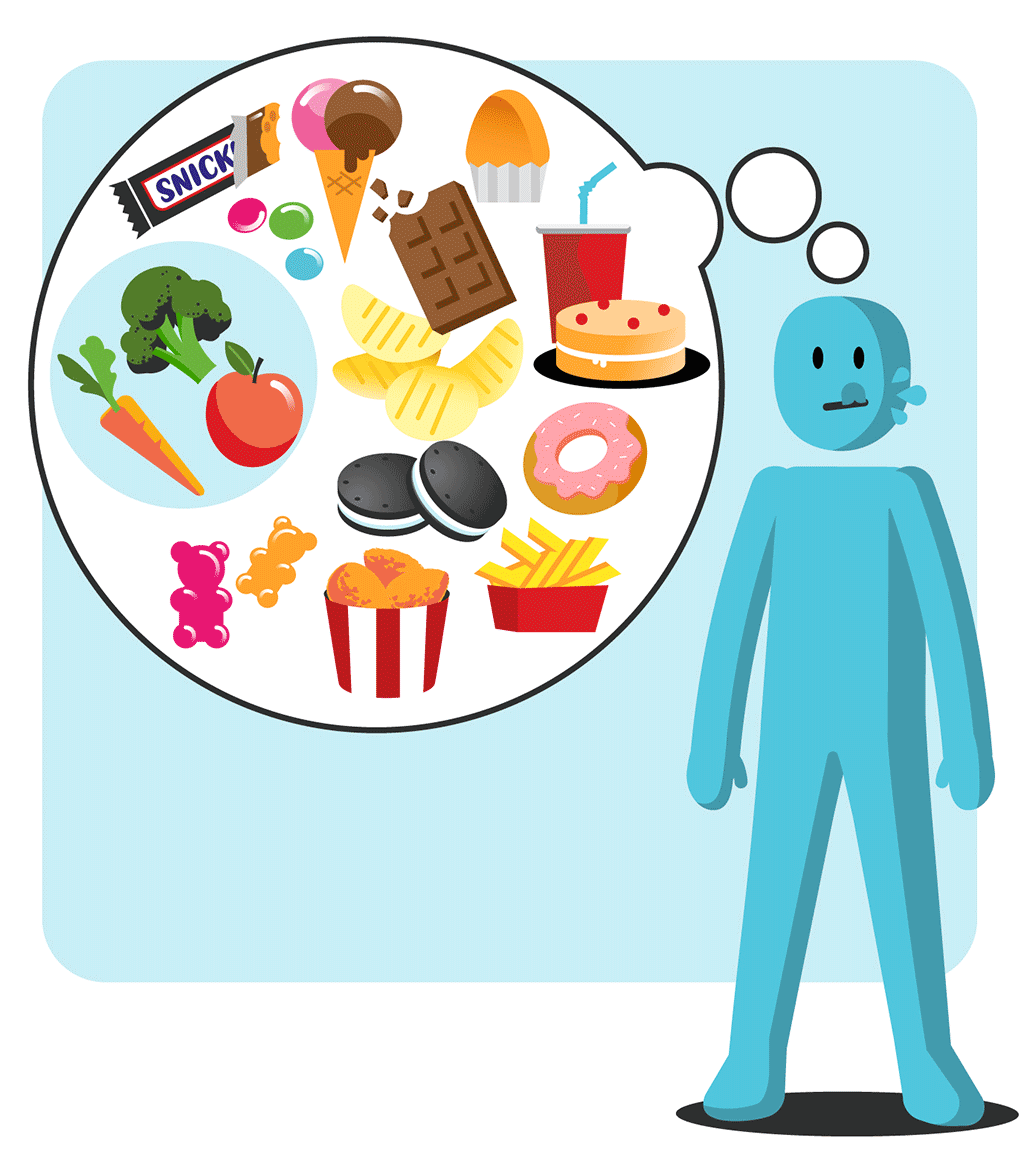
There are many triggers that can keep you from following a healthy meal plan. The key is to identify your triggers and learn how to avoid, eliminate, or cope with them.
What are my triggers?
Have you ever experienced any of these triggers and responses while eating?
Feeling hungry and eating something unhealthy that wasn’t on your meal plan.
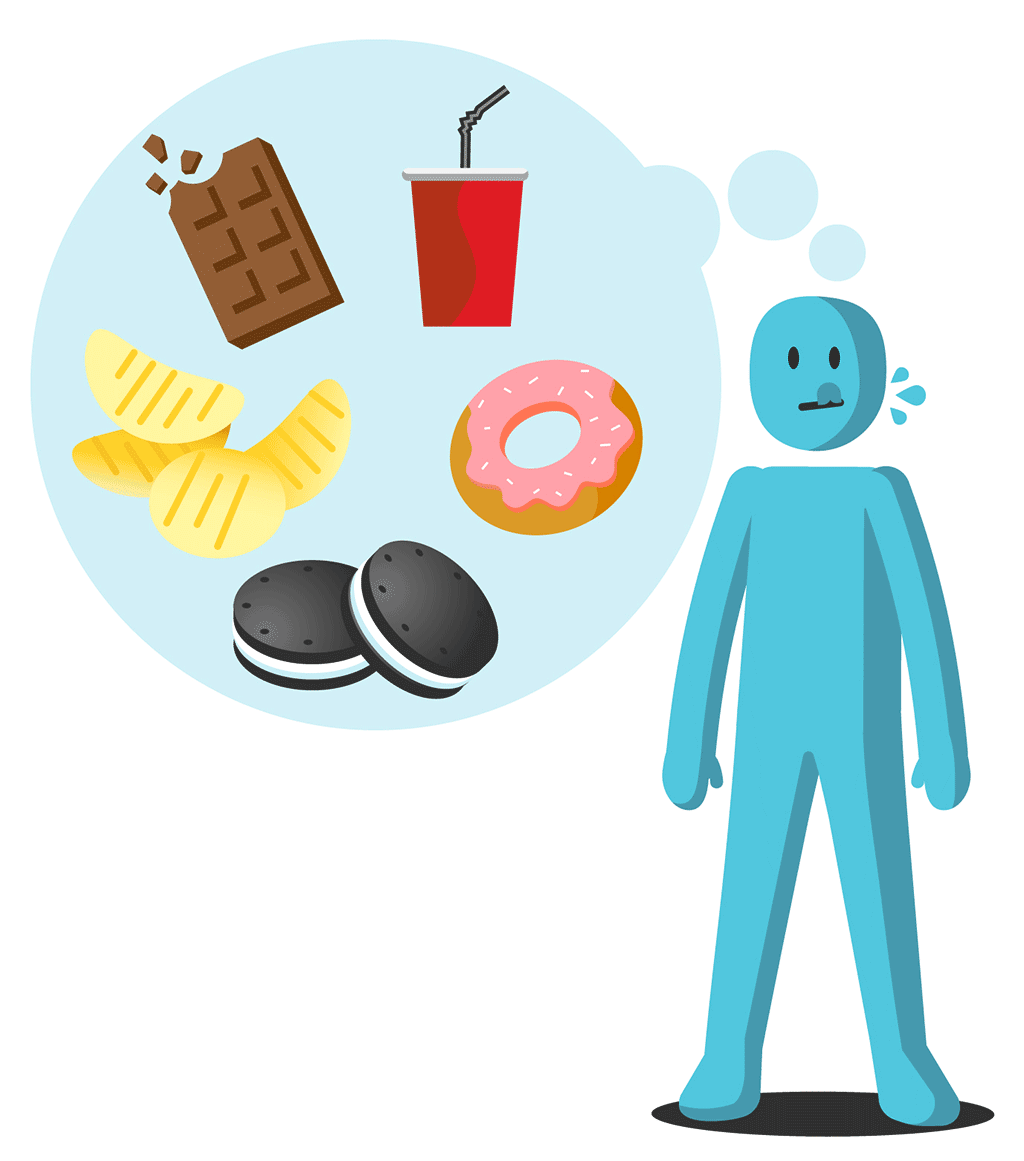
Feeling sad, stressed, angry, or mad and eating something unhealthy even though you aren’t hungry and it isn’t on your meal plan.
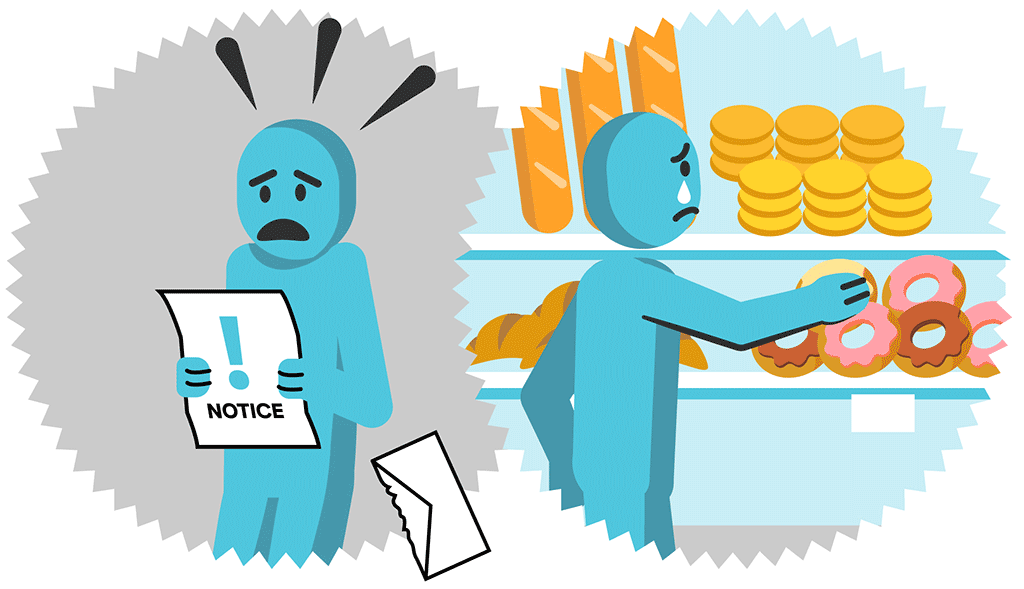
Eating while watching television.
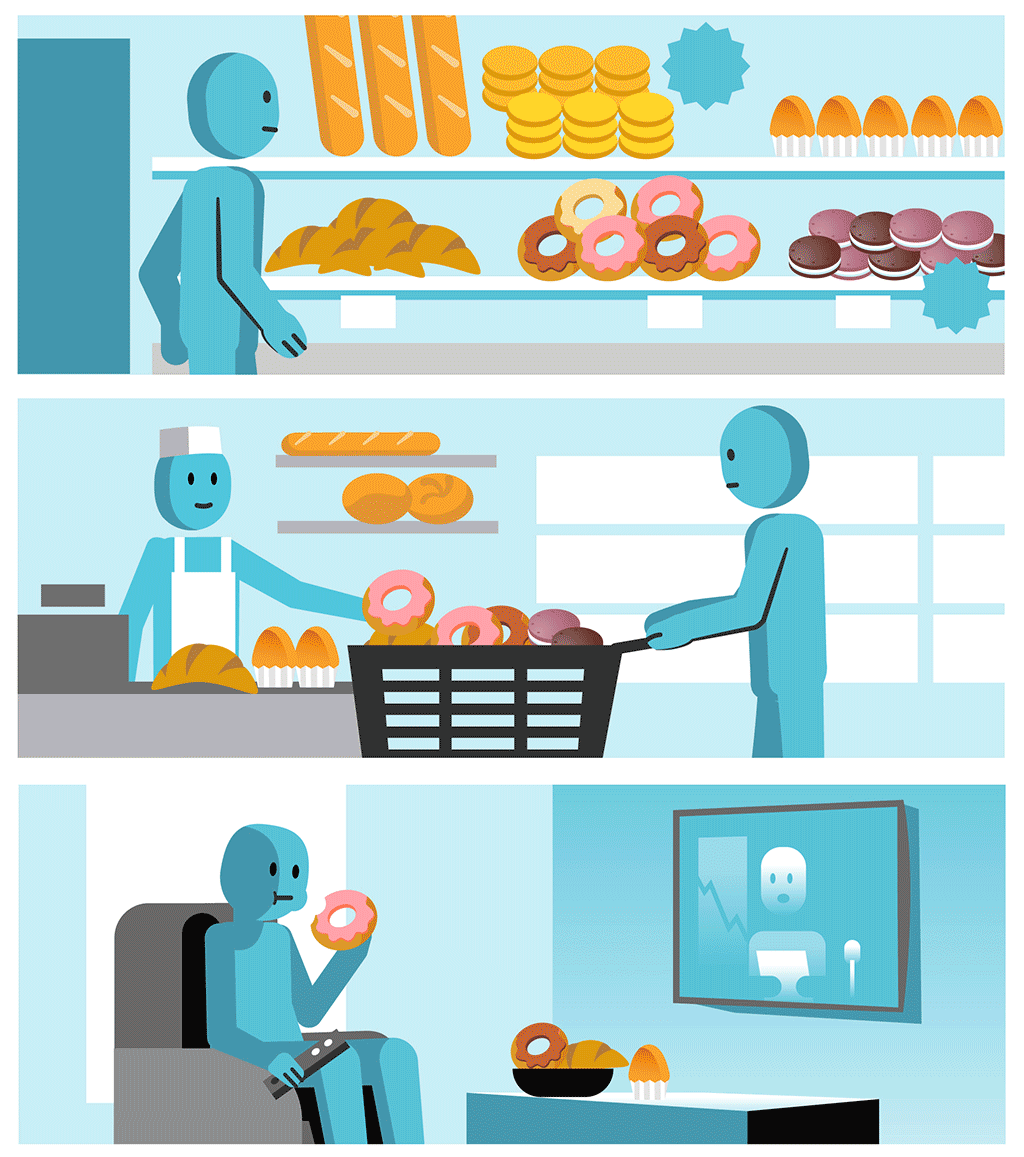
Eating food because you don’t want to waste it.
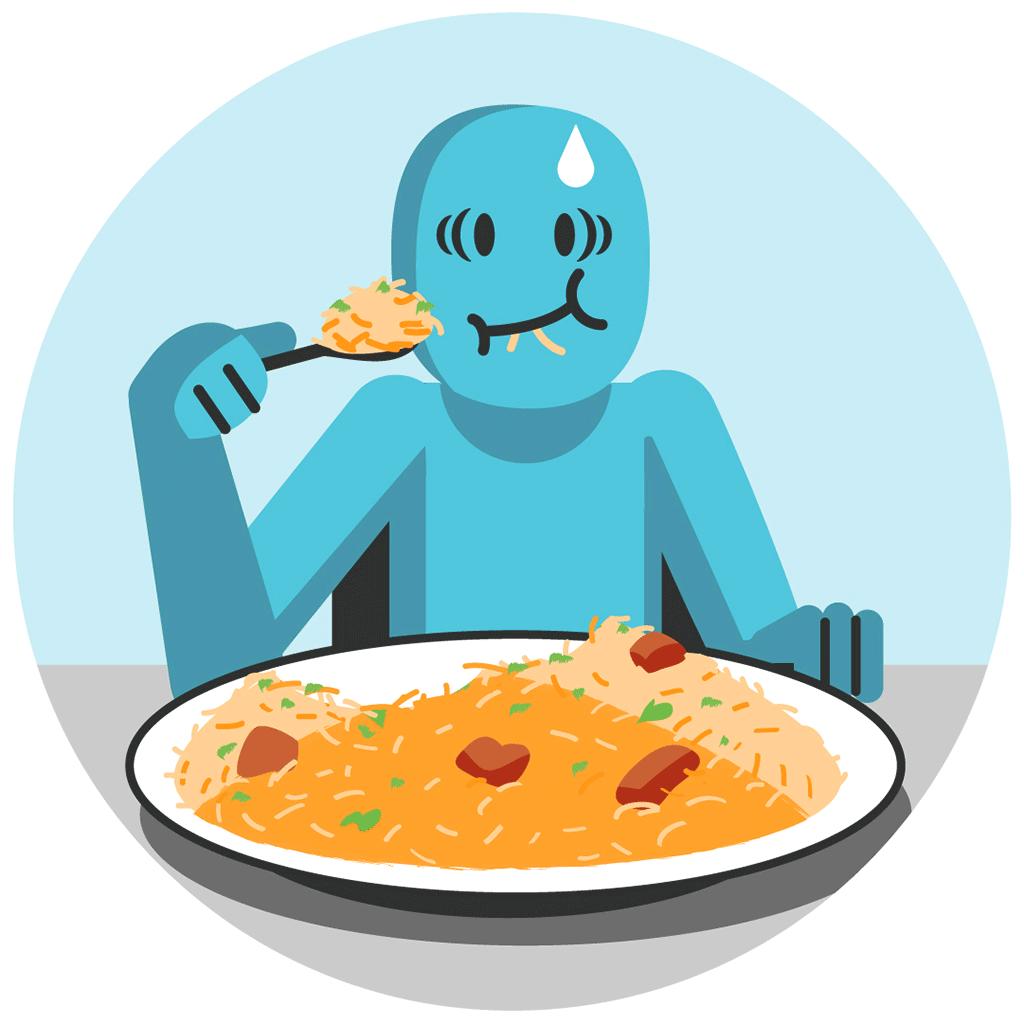
Eating food because you are lonely, bored, or because it smells good

Eating food because it brings on happy memories
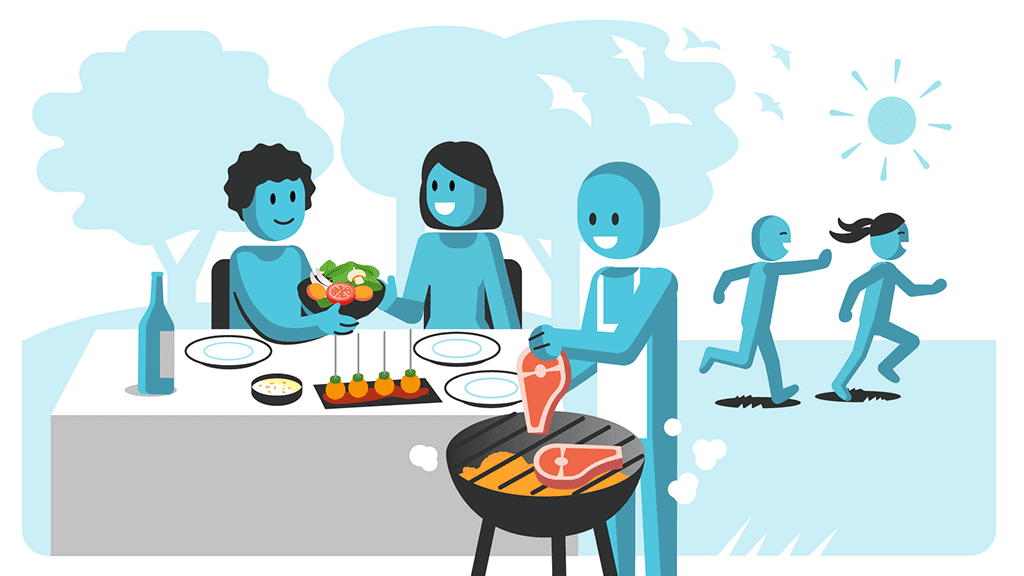
How do I deal with my triggers?
Some triggers can be avoided. If you tend to eat unhealthy foods when you are hungry, you should adjust your meal plan to include snacks when you are most likely to get hungry. You can also have healthy snacks that you enjoy available at all times.
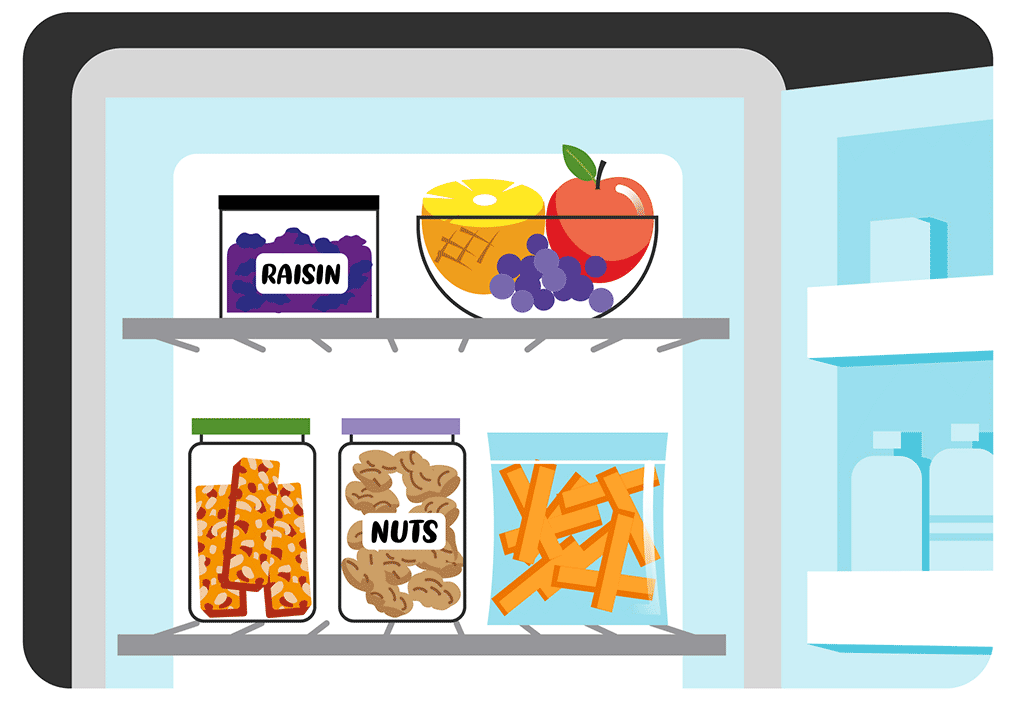
Other triggers can be managed. For example, if you eat when you are stressed or angry, make a decision for an alternate activity when you feel this way. .
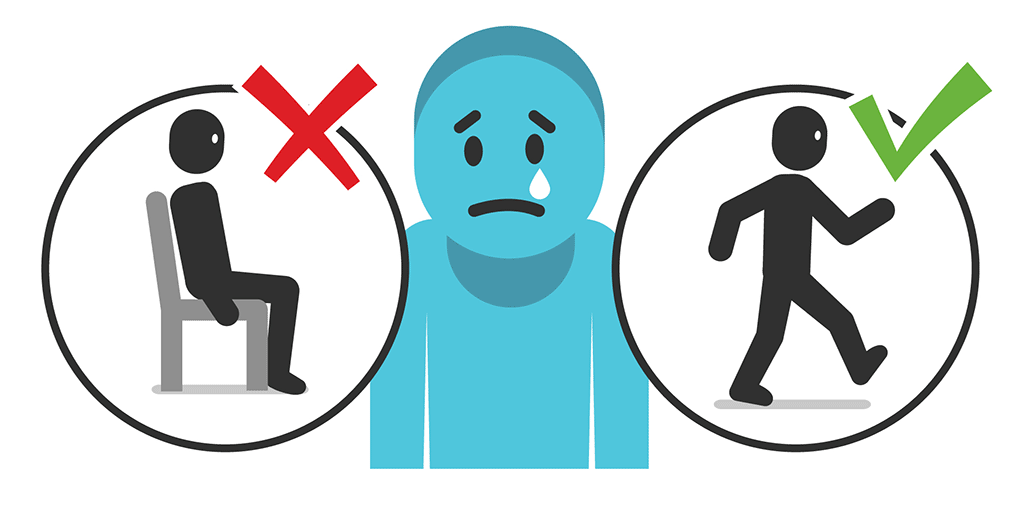
If you eat unhealthy food when you are watching television, plan to eat healthy snacks or watch less television.
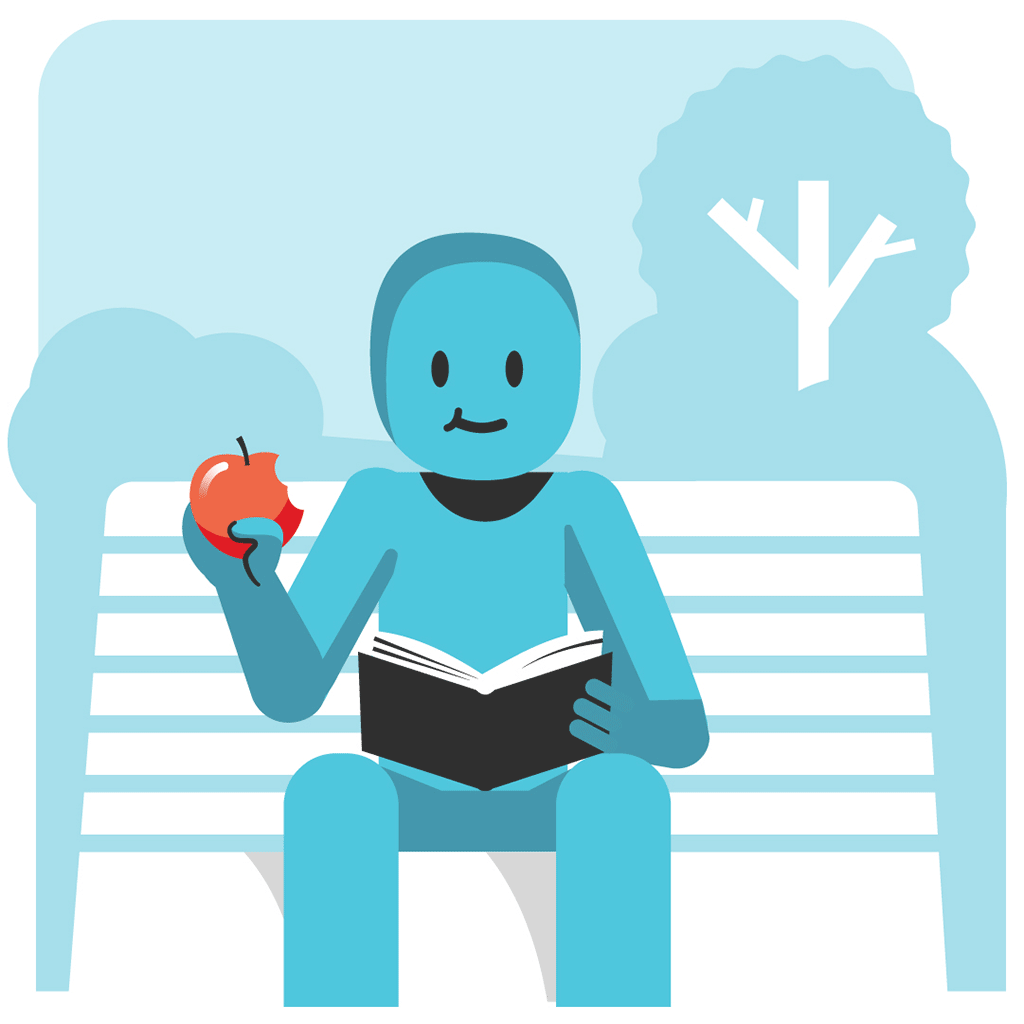
If you eat more than you should because you don’t like to waste food, learn to cook smaller portions, give it away, or remind yourself that your health is more important than a few bites of food.
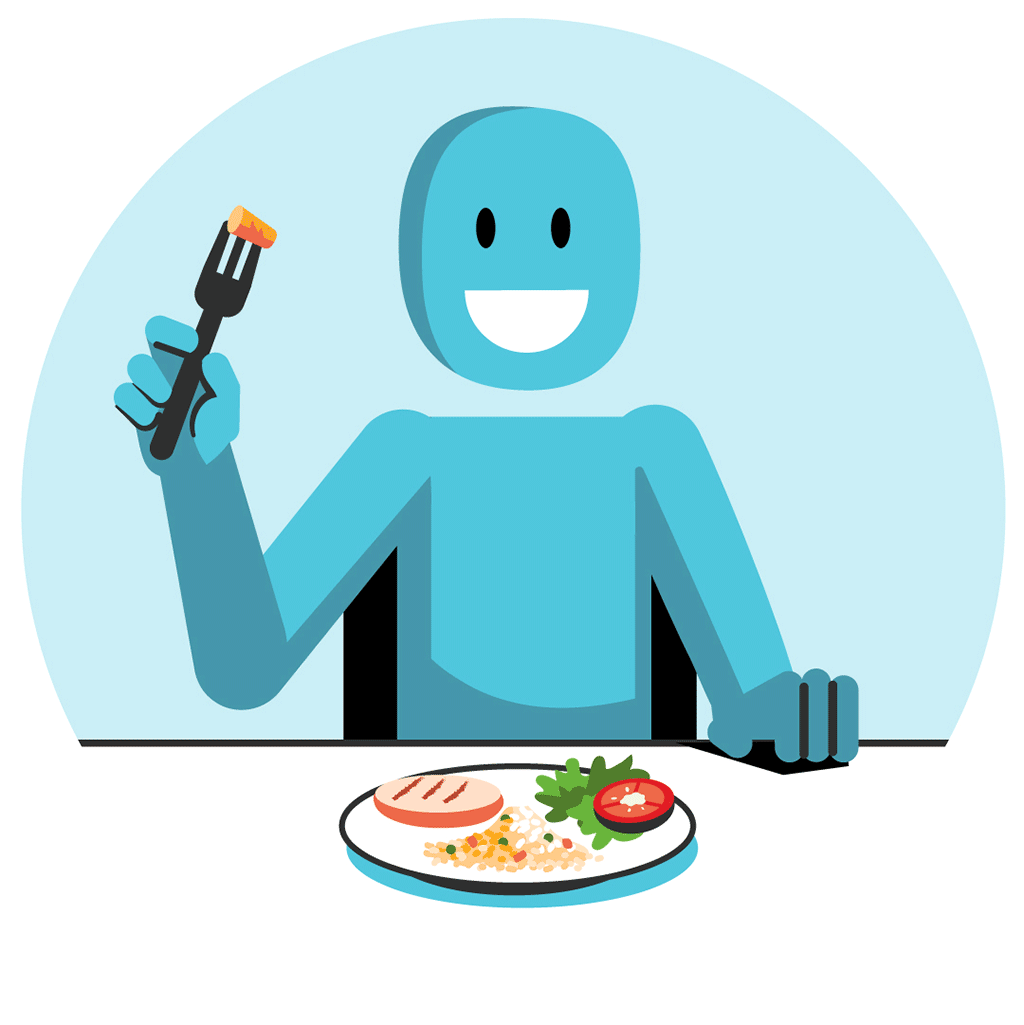
If you eat when you are lonely, bored, or it smells good, ask your friends to join you in some activities for health such as walking and avoid areas that are tempting.
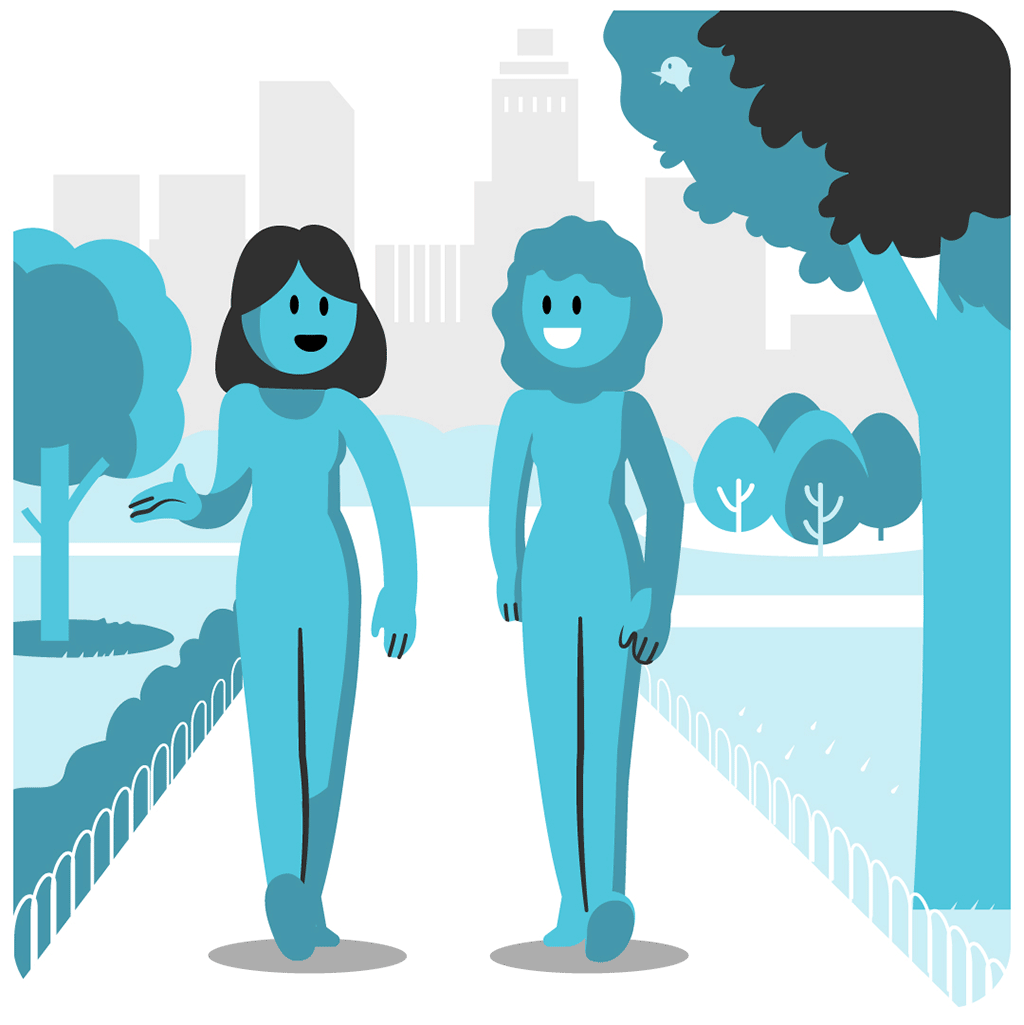
Some triggers are harder to deal with and you will need to learn to cope in a way that works for you.
For example, if your family has large dinners with lots of favorite foods, perhaps you can use a smaller plate, or eat slowly, or bring a dish that is more healthy that you can eat.
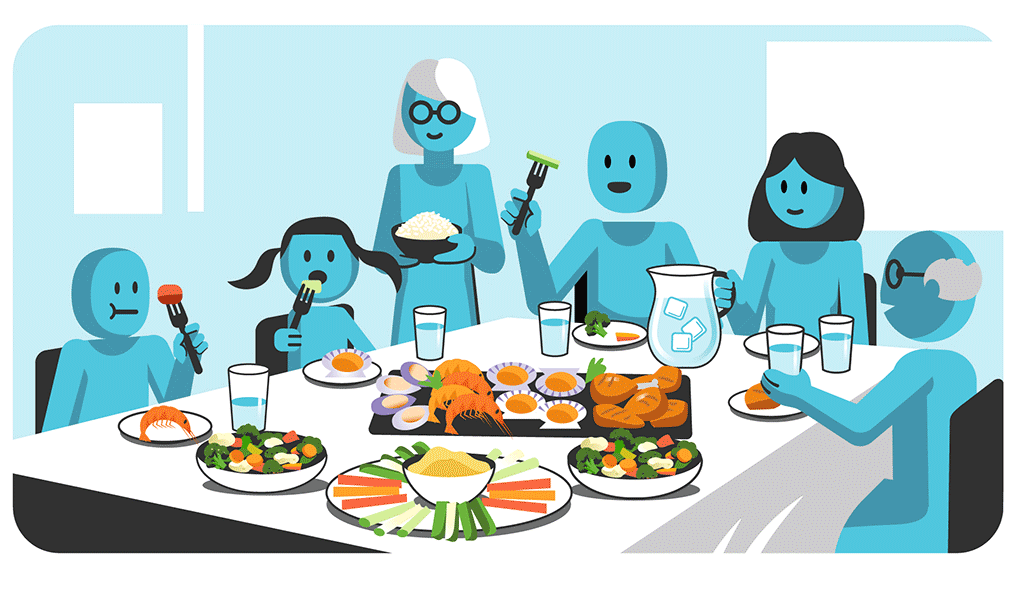
It is important to know your own triggers and learn how to avoid, eliminate, or manage them.
Leave a Reply